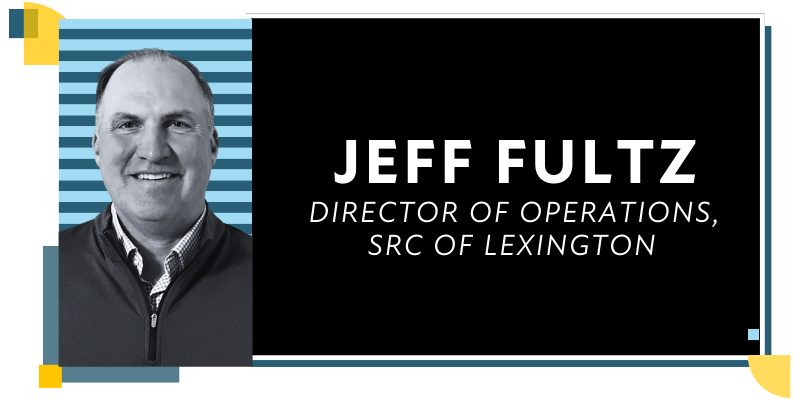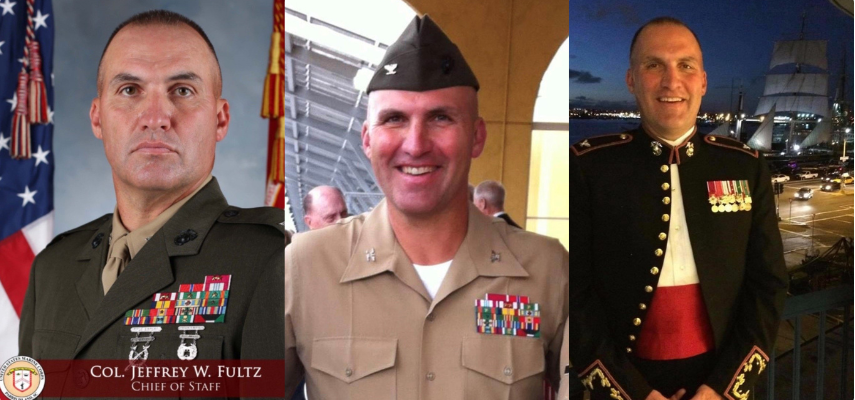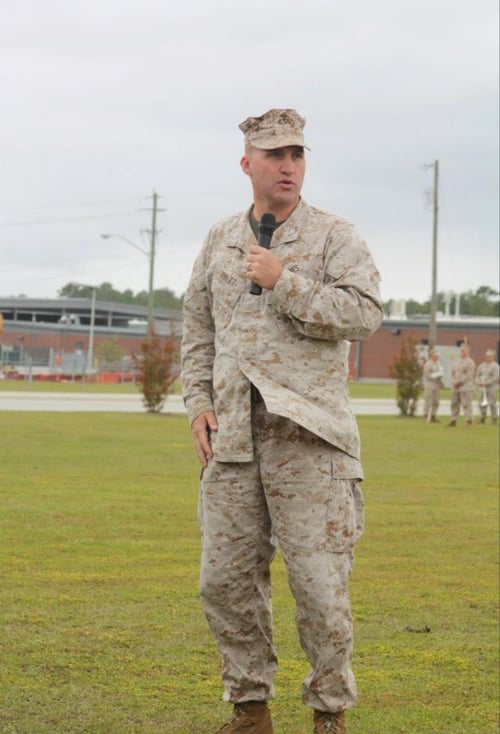
I’ve wondered for a long time about whether leaders are born—or can they be made? I’ve seen a lot of so-called leaders come and go over the course of my decades of covering business as a journalist. One of my takeaways has always been that anyone using a position of authority or a big fancy title to tell people to do something doesn’t count as leading. That’s just top-down management. And, if I’ve learned anything from Jack Stack at SRC, it’s that people don’t want to be managed; they want to be led and inspired.
But, according to some new research by the firm DDI World, there’s actually a shortage of leaders. In their Global Leadership Forecast 2023, they reveal that more and more organizations are reporting a shortage of leaders, with just 12% of respondents saying they have a strong enough bench of leaders to step up when new opportunities arise.
If you have a shortage of leaders in your organization, it becomes a major constraint. How can you grow if you don’t have people willing and able to step up and take on new responsibilities and accountabilities? At the same time, if you promote someone because they’re really good at something, like say, building engines, that doesn’t guarantee they’ll make a good leader.
It can also be easy to make the mistake of thinking that leadership is only about the C Suite. In an organization like SRC, they must ensure that all of their frontline supervisors and middle managers think and act like leaders as well. They are the critical cogs in everything the business does because these folks are the vital connection to the frontline of the business. If there is a lack of leadership there, they’re sunk.
What’s interesting is that the same research reveals that people, especially those from younger generations, want the opportunity to receive coaching to develop their own leadership skills. In fact, especially when it comes to younger “high potential” employees, receiving this kind of coaching and training is crucial to those people staying with the company—or leaving to work for someone who will invest in their development.
So that brings me back to my original question: are leaders born or made? Well, to answer this question, I decided to ask a Marine.
Frontline Leadership in Action
One of the subsidiaries of SRC, SRC Lexington, is based in the horse country of Kentucky. It’s a business SRC acquired more than a decade ago, and they’ve experienced an incredible run of success since, especially in recent years. They not only deliver outstanding financial results but also consistently land at the top of our organization in terms of their engagement scores and, more recently, their retention rates.
It wasn’t always this way. But there’s been a shift over the past few years where the poise and confidence of team leaders has skyrocketed along with their knowledge of how well they understand their business.
When you ask around about what has changed, you keep hearing the same name: Jeff.
The reference is to Jeff Fultz, the plant’s Director of Operations, who also happened to have served in the Marine Corps for thirty years—rising to the rank of Colonel—before retiring in 2017.


Jeff had been working for a different business in Lexington before Rob Shear, Lexington’s General Manager, hired him in 2018. Rob, who graduated from West Point, knew that Jeff didn’t have a lot of business experience. But he also recognized that Jeff would bring a unique perspective into the business.
“Jeff might not have known much about how to build engines when he got here,” says Rob. “But he knew how to build leaders.”
Solving Problems At The Lowest Level
Over his career in the Marines, Jeff saw active duty in both Iraq and Desert Storm. But he also served in key leadership roles at Marine bases like Camp Lejeune, Camp Pendleton, and Parris Island, which is where thousands of raw Marine recruits land every year.
It was part of his role at times to instill in all those 18-year-old recruits—who came from all walks of life—a common language that would empower them all to grow as young men and women and as leaders. “Our job was to transform a civilian into a recruit and then turn that recruit into a Marine,” says Jeff.
It’s important to note that the Marines, unlike the other service branches, is a combat ready organization. By their very nature, Marines can’t afford to rely on bureaucratic chains of command. They can’t always wait around to be told what to do. They need their people on the ground to be capable of solving problems at the lowest levels.
“As a leader in the Marines, you can’t afford to wait for positions of higher authority,” says Jeff. “You need to train your replacement, and they need to be ready to step up into your place if you go down.”
When Jeff came to SRC, he brought that same mentality with him. “One of my priorities to focus on was to help get our lowest level leaders to be their very best,” says Jeff. “I also wanted them to be training their replacement.”
Similar to what he found in the Marines, he needed to find a way at SRC to get a diverse group of people on the same page and speaking the same language.
The first challenge he saw was that people had gotten into the bad habit of “delegating up” by pushing decisions up the chain of command until people like Rob had to step in and decide. Jeff put an end to that.
“We needed to push access to information and decision-making down to the lowest levels,” says Jeff, adding that people were scared to risk being wrong. “I knew that if we could get our frontline people to take accountability for their actions and to think and act like servant leaders, everything else in the business, from quality to profits, would improve.”
Of course, Jeff has the advantage of working in a company that embraces transparency through the principles and practices of The Great Game of Business. But he still needed to give his people the confidence to do something with the information they had access to.
And that’s where giving everyone a common language and regular feedback comes into play.

Developing A Common Language
When Jeff began teaching his leadership lessons from the Marines, one of his lessons was teaching everyone an acronym—JJDIDTIEBUCKLE—used to help people remember the 14 different leadership traits they would now be using to hold each other accountable to: Justice, Judgement, Dependability, Initiative, Decisiveness, Tact, Integrity, Enthusiasm, Bearing, Unselfishness, Courage, Knowledge, Loyalty, and Endurance.
Using JJDIDTIEBUCKLE as a common language gave associates the ability to talk to each other and share feedback in ways they could immediately understand.
Consider the example of what Bearing means: “When something bad happens, a leader doesn’t yell and scream, blame others, and act like he/she is out of control. A leader calmly reacts while providing guidance and problem-solving. Don’t act like a simple problem will stop production.”
In other words, associates could now share feedback with each other by saying something like, “Your Bearing is off today,” and the other person would know exactly what they’re saying.
This common language has become so powerful for the associates at Lexington that they meet up quarterly for what they call “counseling sessions” with their team leaders to get this feedback more often, rather than at a more traditional annual performance review session.
“They want to be led,” says Jeff. “They want to know where they are lacking or where they are doing well. That’s especially true for Gen Z. They want the approval and to be patted on the back.”
Growing A New Generation Of Leaders
One of the big changes that has occurred in the wake of Jeff’s training is how, in the past, few people, if any, would apply to frontline team leader positions that became open. “We would have to beg people to apply,” says Jeff. That’s been turned on its head. When two team leader positions recently opened up, 16 people stepped up to apply.
“A few of the people surprised me when they raised their hand,” says Jeff. “They’re not doing it to make more money. They think they can make a difference in the company, and they want to be held accountable for that.”
Word has even gotten out among the other SRC companies about the results of Jeff’s leadership training. He’s already been invited to present his leadership traits and principles at another SRC company with some promising early results.
“I’m real proud of what we’re doing here,” says Jeff. “I love to come to work every day to make everyone better—my peers, my boss, my subordinates, and myself. But I didn’t create any of this. I’m truly standing on the shoulders of giants of those Marines who came before me.”
Don't Miss Jeff's Sessions at the 2023 Great Game of Business Conference
Military Secrets: Leadership Insights from Battlefield to Business
In this follow-up session to Jeff Fultz's mainstage OBMx Talk "Leading from the Front", this session will explore the untapped leadership insights from the battlefield to the business world.
Led by military spouse and long-time Great Game practitioner Charlotte Eckley, along with Jeff and other seasoned military veterans-turned-businesspeople, we'll delve into the valuable business lessons from the military's rich leadership heritage.
Uncover strategies for fostering a culture of discipline, resilience, and effective communication to drive success in your organization.
OBMx Talk: Leading from the Front
Leading from the front is the best way to get your business to perform at its maximum efficiency. I will discuss how Marine Corps leadership traits and principles apply to the Great Game. Developing leaders instead of managers inspires people to be the best version of themselves. Making frontline leaders problem solvers instead of problem identifiers by giving them the confidence and necessary tools to lead. I want the audience to learn that leadership can be taught and should be a top priority for any organization. The Marine Corps has developed successful leaders for 248 years and I will share some of the secrets that has made the Marine Corps the worlds premier fighting force. Recommended audience is leaders at all levels, but focused on those decision makers who could implement a leadership based program at their organization.
Want to learn more about The Great Game of Business and how open-book management could benefit your organization?
Download our original book or get started with a free chapter.

Other items you might like:
.png)


-1.png?width=80&height=70&name=Chat%20Bubble%202%20(1)-1.png)








.png)




-5.png)
.png)
